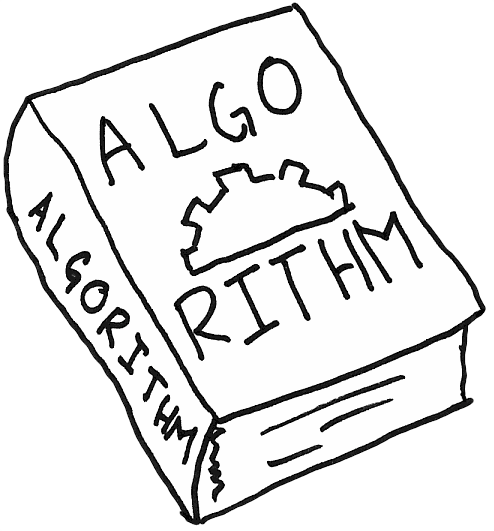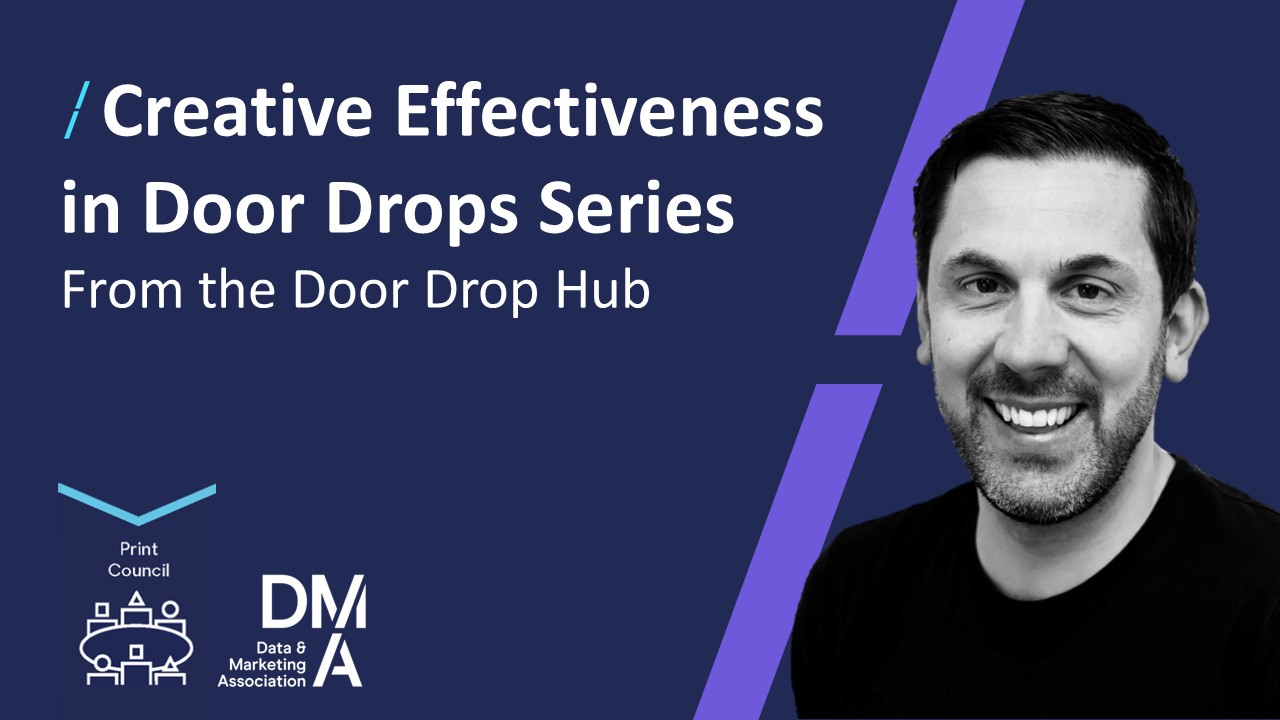Algorithms: a marketerâs best friend or bad news?
28 Oct 2015

“Not even the people who write algorithms really know how they work”.
To some they are enigmatic, troubling and potentially destructive: others talk of them as mind-blowing, future-altering and ultimately empowering. Yet although algorithms are an intrinsic part of our day-to-day existence, we still seem in awe of them.
This lack of trust is profoundly felt in the marketing industry. There are serious challenges ahead if marketers are to be able to harness the algorithm and not suffer as a consequence.
So what, fundamentally, are algorithms? Time for a trip back in time.
What is an algorithm?

An algorithm is a list of steps, instructions to follow in order to complete a task. In the same way we instruct people to watch their step, to brush their teeth or to avoid central London at all costs on a Saturday afternoon, algorithms function at their basic level as procedures or formulas for solving a problem (or series of problems).
Today most of us consider algorithms as synonymous with computing technology. So let’s fast forward to (almost) modern times because, frankly, the evolution of the algorithm is quite the story.
Machining the algorithm and the enchantress of numbers

It seems apt that for such complex invention, the modern algorithm should emerge from an unlikely source.
Ada Lovelace was the daughter of Lord Byron, making her a celebrity from birth. She was a brilliant mathematician of the 1800s, living a full life, energetically committed to her passions for gambling and what she called “poetical science”: a place where her mathematical-self met her Byronic origins as a truly creative soul.
Lovelace developed a sparkling intuition for numbers and worked with Charles Babbage, creator of the Analytics Engines. Her genius was to develop a theory that machines could be instructed to calculate numbers as quantities and calculate numbers as the coded representatives of other data.
She remains the person credited with writing the very first algorithm carried out by a machine. Effectively, Ada Lovelace was a computer programmer. In the 1840s.
Hey! Thanks algorithms!
Thanks to Ada and others, we got modern algorithms. Fast forward to now and the debate revolves around where they will take us. Especially the marketing industry.
Let’s consider the positives of the algorithm in today’s marketing mix. Marketers get better insight into consumer behaviours, demographics and choices thanks to complex maths at the heart of information capture and analysis.
This intelligence allows for better targeting and the advent of real-time interaction with consumers. All of this comes before we mention that algorithms are critical to how businesses track customers; how retailers know what prices to set and why; and how media companies know how to serve the right content, at the right time.
There seems to be a bright future with our mathematical chums: some 70% of new jobs in the marketing industry could revolve around human interaction with algorithms. Marketing leaders feel that the human touch will be key to the industry’s next steps.
Algorithms, then, are clearly a marketer’s friend, right?
Soon your agency will be an algorithm

As ever, things aren’t so straight forward for the marketer. Consider these algorithmic alarm bells.
These complex mathematical mysteries don’t feel, have no heart and cannot react to context. Which is slightly limiting as our reliance on them means we miss the impulses, emotions and human moments that drive behaviours.
These moments are seriously important: they are where a consumer forges a strong and lasting bond with a brand. Algorithms can move marketers away from tackling the emotional and the irrational, factors we can’t control and back into the safe bosom of proven calculus and the automated marketer’s castle: the computer.
There are voices out there prophesying the death of the ad agency – at least in the traditional sense. Algorithms could hijack the creative process altogether. All industries want to work harder, better, faster and cheaper.
Algorithms offer this guarantee to jumpy executives: not as many humans as messed up your last campaign will get in the way of the next one.
Where are we going with this?

Can the clash between algorithm and human creativity smooth into truce? Can we all be friends?
Well, to conjure this conclusion we will need a bit from column A and a bit from column B.
The human part of the marketing process is fabric, it’s in the DNA. So we aren’t going anywhere too fast, too soon. Indeed, marketers and algorithms work most profitably together where business models move away from simply offering consumers what they think they want.
The future is serving consumers what they know they want: products and services to help fulfil exact, confirmed needs. And we can’t do that without algorithms.
Humans create the emotional bridges that offer the chance for real connection. Algorithms help us cross those bridges. See? We can all be friends.




